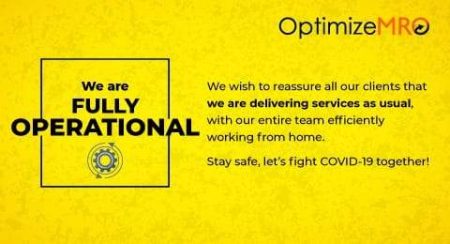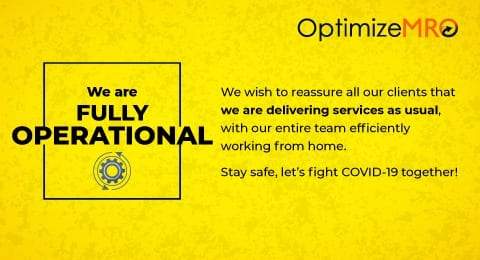
Nobody can deny that the supply chain is the backbone of every business today, and most supply chain teams use Supply Chain KPI to measure their performance. In other words, it’s about a dynamic ecosystem that ensures that goods or services are delivered smoothly, effectively, and consistently from supplier to customer.
When the supply chain is inefficient, ineffective, or disorganized, it can substantially impede our ability to convey value to customers and grow our business. As a result, it’s vital to keep track of and optimize essential supply chain metrics.
There are numerous methods to assess and measure the success of a company’s supply chain management. A company’s performance measurement criteria are often determined by the type of industry in which it operates, so that they cover the most important aspects of the organization’s performance.
KPI (Key performance indicators) for Business
KPIs are a set of quantitative measures that may be used to assess business performance over time. They enable us to track the efficiency with which the organization achieves its objectives.
What is a Supply Chain KPI?
KPIs for supply chain management are measurements that supply chain experts can use to track the efficiency of various supply chain activities. These measurements are used to assess the efficiency and cost of the supply chain. It is necessary to track KPIs to enable cross-functional activity and insight into each component of the supply chain.
KPIs are very critical in measuring success in the following supply chain activities: order processing, inventory management, procurement and supplier management, manufacturing, warehousing, transportation, logistics, and so on.
The idea of raising the standard and setting a higher standard is often used when KPI performance is consistently met or exceeded. KPIs are therefore the most significant part of any business improvement strategy.
List of the kpi’s supply chain
Do not forget to ask about our Managed Supply Chain Optimization services. We will assist your organization in creating a sustainable supply chain system that is more resilient to unexpected disruptions and successful in the business world.



